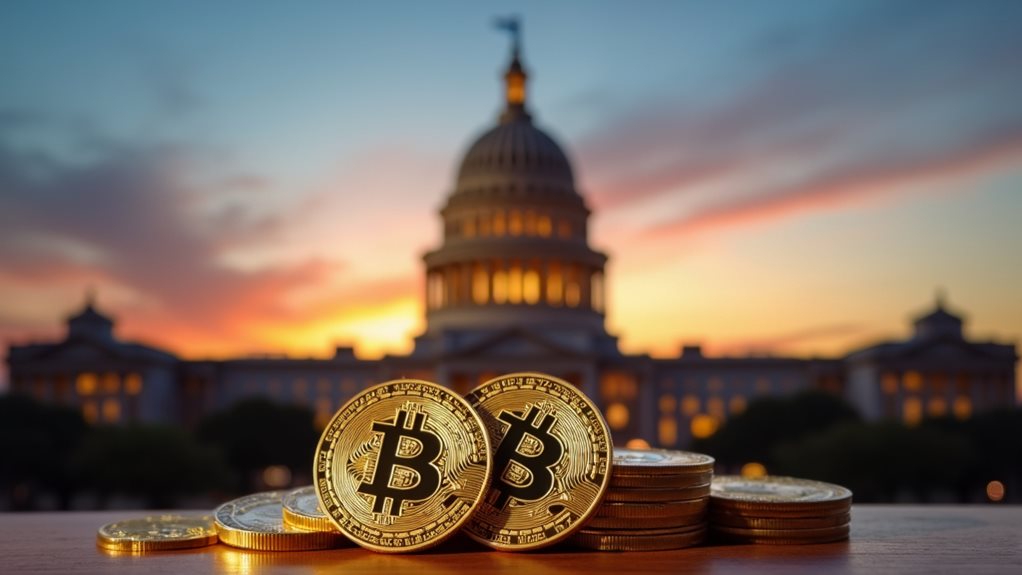Panama City just dropped a bombshell, voting in April 2025 to accept crypto like Bitcoin and Ethereum for taxes, fees, and fines. Talk about a slap to old-school finance! Mayor Mayer Mizrachi Matalon spearheaded this gutsy move, making it the first public institution in Panama to go this route. No stuffy regulations holding them back—just pure, wild west vibes. Heck, even stablecoins like USDC made the cut. Stick around for the juicy details.

Panama City just dropped a bombshell, folks. In April 2025, the city council voted to accept cryptocurrency for public service payments. We’re talking taxes, fees, permits, even fines. Yeah, pay your parking ticket with Bitcoin. Wild, right? This makes Panama City the first public institution in Panama to plunge into the crypto pool, and it’s all thanks to Mayor Mayer Mizrachi Matalon pushing this forward. The goal? Modernize public finance, make decentralized payments accessible. Old-school traditions? Kicked to the curb.
Now, let’s break it down. They’re accepting Bitcoin (BTC), Ethereum (ETH), and stablecoins like USDC and USDT. Mayor Mizrachi confirmed this lineup himself. Smart picks, honestly—major market cap coins for clout, stablecoins for, well, stability. No obscure meme coins here, folks. Just the heavy hitters. This initiative positions Panama City as a regional pioneer in crypto adoption. This bold step also aims to attract tech-savvy businesses and residents to the city. While other markets face chaos, Panama City follows strict licensing practices similar to Hong Kong’s approach.
Breaking it down: Panama City accepts Bitcoin, Ethereum, and stablecoins like USDC and USDT. Smart, heavy-hitting choices for a crypto leap!
And how’d they pull this off without new national laws? Clever workaround. They’ve partnered with a local bank to handle transactions. Crypto comes in, gets instantly flipped to US dollars. Boom. Legal compliance intact, since public institutions must deal in dollars. Front end? Crypto cool. Back end? Uncle Sam’s greenbacks.
But here’s the messy bit. Nationally, Panama’s crypto scene is a regulatory wild west. No specific laws govern it. Back in 2022, Bill No. 697 tried to regulate crypto, even allow tax payments with it. Sounded great—BTC, ETH, XRP, a whole list for payments. Transparency, blockchain in public admin, digital identity. Big dreams!
Then, President Cortizo partially vetoed it over AML concerns. Supreme Court? Declared the amended bill unconstitutional in 2023. Ouch. New drafts popped up in March 2025, aiming to fix the mess with VASP licensing, but nothing’s set yet. US dollar still rules as legal tender.
Still, Panama’s crypto-friendly vibe persists. No tax on foreign income—sweet for global players. But it’s a gamble. No consumer protections, just general AML/KYC rules from older laws like Law 23 of 2015. Banks and securities regulators? Not touching crypto directly.
Panama City’s move? Bold. Ballsy. Defiant. They’re saying, “Screw the red tape, we’re doing this.” And honestly, it’s a middle finger to tradition. Will it work? Time will tell. For now, it’s a heck of a show.









